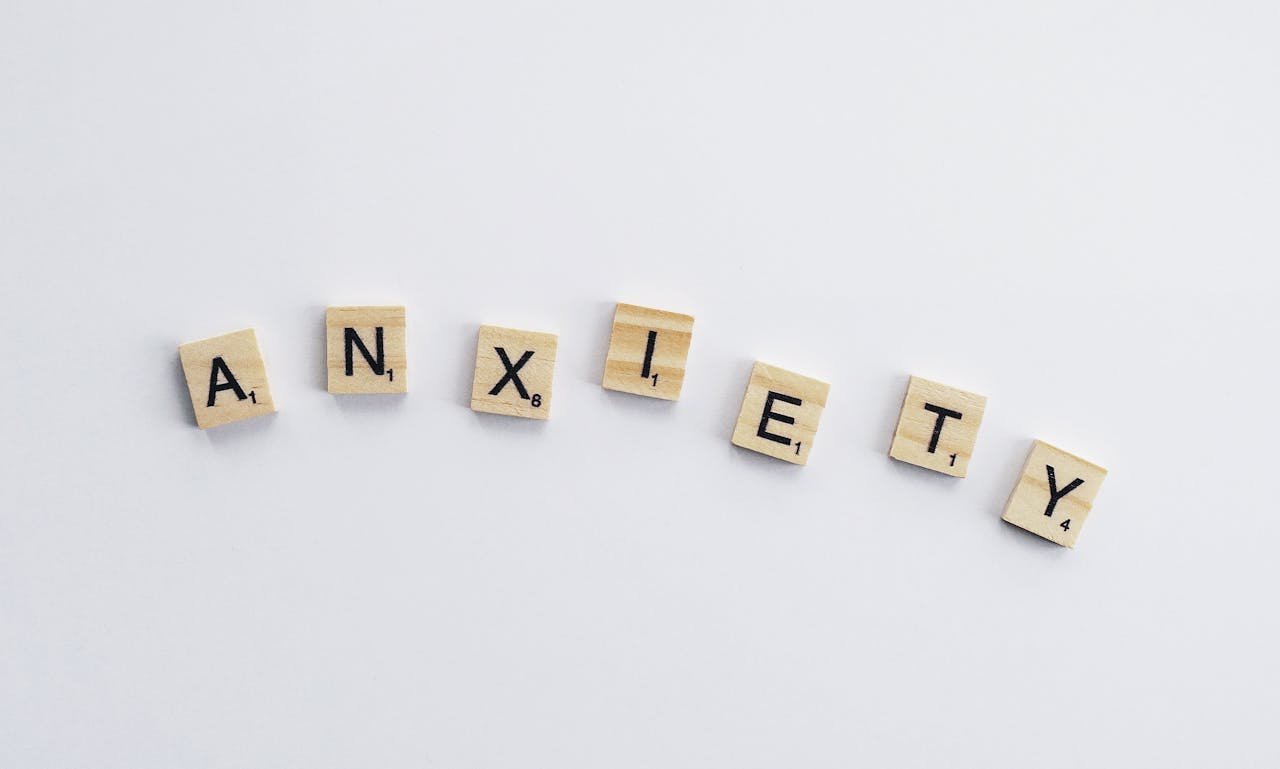Photo by Anna Shvets from Pexels
When it comes to your job, doing your best is the goal. Every effort you make is to move further up in the organization and advance your career. But what about when unexpected health issues crop up that can impact your work performance? That can be extremely challenging, and even more so when it’s a less obvious health factor that quietly derails your energy, confidence, and productivity at work. Here are five surprising health-related problems that might be slowing you down:
1. Undiagnosed Hearing Loss
Losing your hearing seems like it would be something you’d notice right away, but not necessarily. It tends to happen slowly, and you may not realize it’s not what it once was. Straining to follow conversations might have become a habit, and you might mishear instructions at work. As the brain tries to keep up, you may find yourself feeling tired and less confident, which can impact your role at work. Using strategies for managing hearing loss at work can help.
2. Mild Dehydration
Many people are mildly dehydrated daily, meaning they regularly forget or neglect to drink water (rather than once in a while). Trying to work in a state of low-level dehydration can cause foggy thinking, which can involve lower concentration, as well as slower thought processes and feeling mentally tired. That can reduce your productivity at work, so remembering to reach for a water bottle throughout the day to rehydrate your body and stay alert is important. Remember that while coffee has water in it, the drink can be mildly dehydrating.
3. Poor Posture
Hunching over the computer for hours in the office can make your back sore. It can also affect your breathing, circulation, and mood. Slouching compresses the lungs and lowers the amount of oxygen entering the body. As the brain receives less oxygen, you’re likely to feel more tired and less on the ball at work. Finding it harder to concentrate could lead to mistakes and overlooking details, reducing your work performance. A sore back might also be the reason you take a few days off work.
4. Low in Vitamin D
If you work long hours indoors, there’s less opportunity to get outdoors to get a dose of Vitamin D naturally from the sun. Common signs you are low in Vitamin D include feeling tired, a low mood, and a reduced immune system. Getting colds often, a reason you may miss work, could be more than stress; it may mean that it’s time to increase Vitamin D. A doctor can test to see if you are low and, if so, suggest the best route, such as eating foods naturally high in this vitamin or taking a supplement.
5. Undiagnosed Sleep Disorder
Sleep is important for feeling alert on the job, and as much as you try to get enough of it, you always seem to feel tired. Dragging your feet at work could cause tasks to take longer to complete, leading to missed deadlines and the risk of burnout. That makes self-care more important than ever, which includes seeing your doctor to determine if you have a sleep disorder or another issue interfering with quality slumber.
The Takeaway
When your health suffers, your career can too. If any of the things mentioned above sound familiar or are a possible cause for concern, take the time to attend to them. See a doctor for assistance whenever possible.







